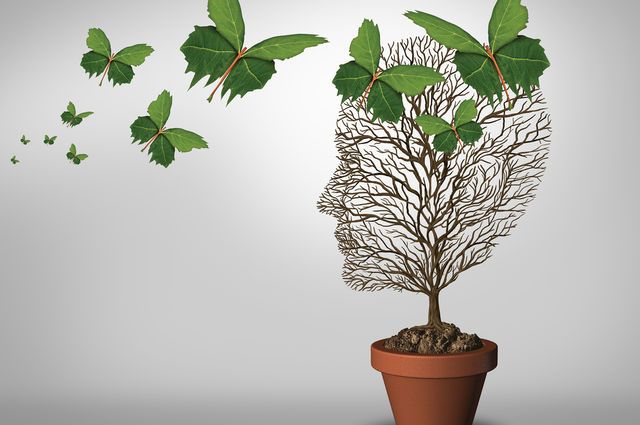Running out of energy: An underestimated threat to a "people's business"?
10 experts shared their view
We are currently experiencing an energy crisis of a different kind - an industry-wide feeling of exhaustion, anxiety, stress, frustration, and fear. We are running out of energy. There is no doubt that the effects of the pandemic and resulting restrictions will have an adverse effect on people's wellbeing. Scientists call for action for mental health science research with regards to COVID-19. For the hospitality workforce, passionate about and specialized in social interactions, the measures of isolation have been tremendously impactful and to some extend traumatizing. The economic hardship coming with temporary and permanent closures, reduced salaries, lack of job vacancies, and a general unpredictability further exacerbate the situation. Our industry employs large numbers of people from vulnerable societal groups who are already at higher risks of mental health issues. It is about time to put the mental health fallout of COVID-19 on the sustainability agenda and kick start a dialog on the subject.
What measures could be taken to restock on energy and facilitate mental health during hardship? How can human connections be fostered and kept intact between frontline, remote, and furloughed staff? How can different companies come together and support each other? What is and has been your personal emotional journey through the last months?
The academic research community has investigated the concept of 'absenteeism' to great lengths and from various angles from the business performance consequences to the individual psychological effects. More recently, 'presenteeism' has received increased attention. There are two prongs to presenteeism: (A) employees that work beyond the requirements and (B) employees that make the choice to work while ill. And while many professionals have joined the ranks of category (A) over the pandemic with computers on in the living rooms blurring the private and professional (a sort of 'virtual presenteeism'), there seems to be a largely accepted culture of category (B) in the hospitality industry. Because the provision and consumption of service occur at the same time (inseparability), hospitality employees must physically engage in welcoming the guest, serving breakfast, or providing spa treatments.
In a recent article published in the International Journal of Hospitality Management, Arjona-Fuentes et al. (2020) who examined the individual, organisational and physical/mental health factors linked to presenteeism, conclude that not only is presenteeism a 'defence mechanism against uncertainty and job insecurity' (Caverley et al., 2007 in Arjona-Fuentes et al., 2020) but that in fact presenteeism is predominant in situations where employees feel they may lose their work. This, of course, is an important source of mental health problems. A research published in Frontiers in Psychiatry explains that financial distress due to the pandemic directly correlates to mental health issues and that other pandemic impacts such as work and social disruption are linked to 'elevated depression and anxiety symptoms, as well as decreased psychological wellbeing' (Dawel, et al., 2020, para 1). In the current situation, the pandemic has had an unequal impact across the hospitality workforce. General Managers have picked up front desk shifts or nigh audit rounds all the while front line staff are on furlough; this scenario is rather common for many properties out there, especially in the privately owned and operated hotel sector. The solutions are multifaceted; the World Health Organization declares October 10th to be the World Mental Health Day, and I would recommend anyone to take some time to browse the resources freely available including numerous practical guides. Additionally here is the link to an interesting piece on Empathy and Leadership in the Harvard Business Review.
References:
Arjona-Fuentes, J.M., Ariza-Montes, A., Han, H., & Law, R. (2019). Silent threat of presenteeism in the hospitality industry: Examining individual, organisational and physical/mental health factors. International Journal of Hospitality Management, 82, 191-198.
Caverley, N., Cunningham, J.B., & MacGregor, J.N. (2007). Sickness Presenteeism, Sickness Absenteeism, and Health Following Restructuring in a Public Service Organization. Journal of Management Studies 44(2), 304–319.
Dawel, A., Shou, Y., Smithson, M., Cherbuin, N., Banfield, M., Calear, A.L., Farrer, L.M., Gray, D., Gulliver, A., Housen, T., McCallum, S.M., Morse, A.R., Murray, K., Newman, E., Rodney Harris, R.M. & Batterham, P.J. (2020). The Effect of COVID-19 on Mental Health and Wellbeing in a Representative Sample of Australian Adults. Frontiers in Psychiatry, 11:579985. doi: 10.3389/fpsyt.2020.579985


